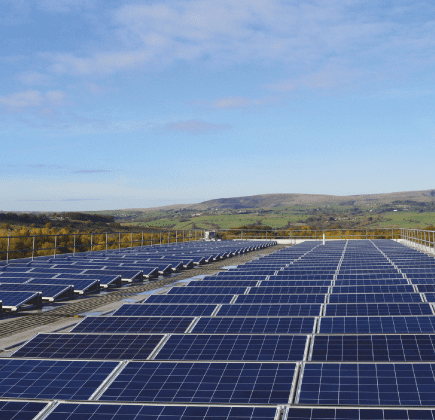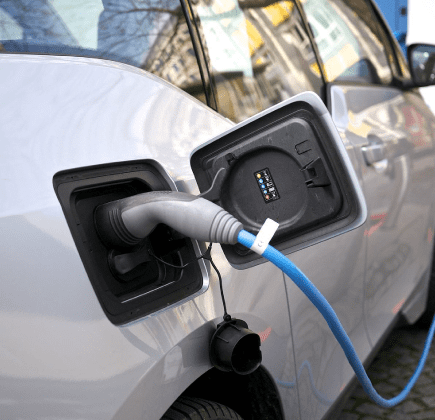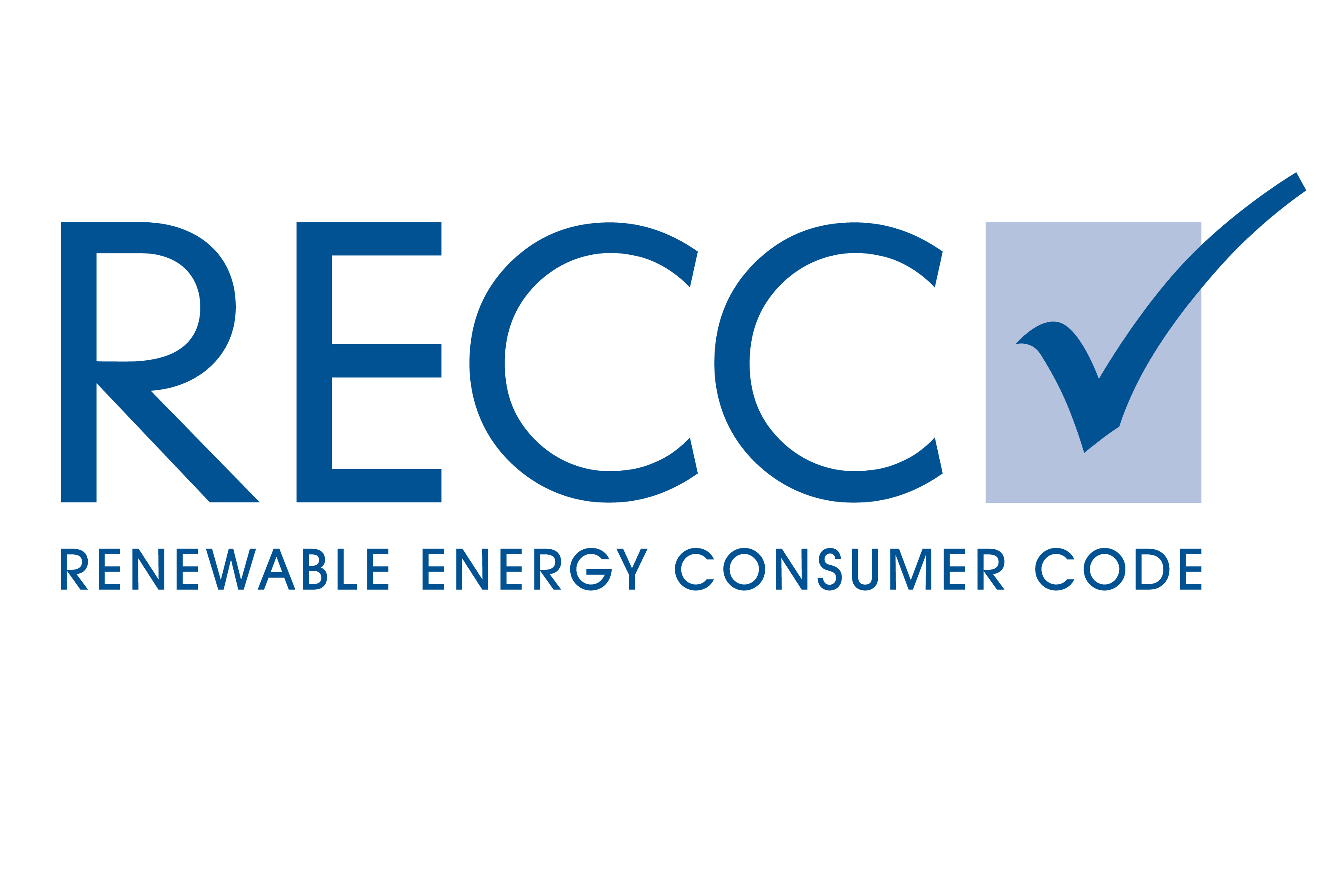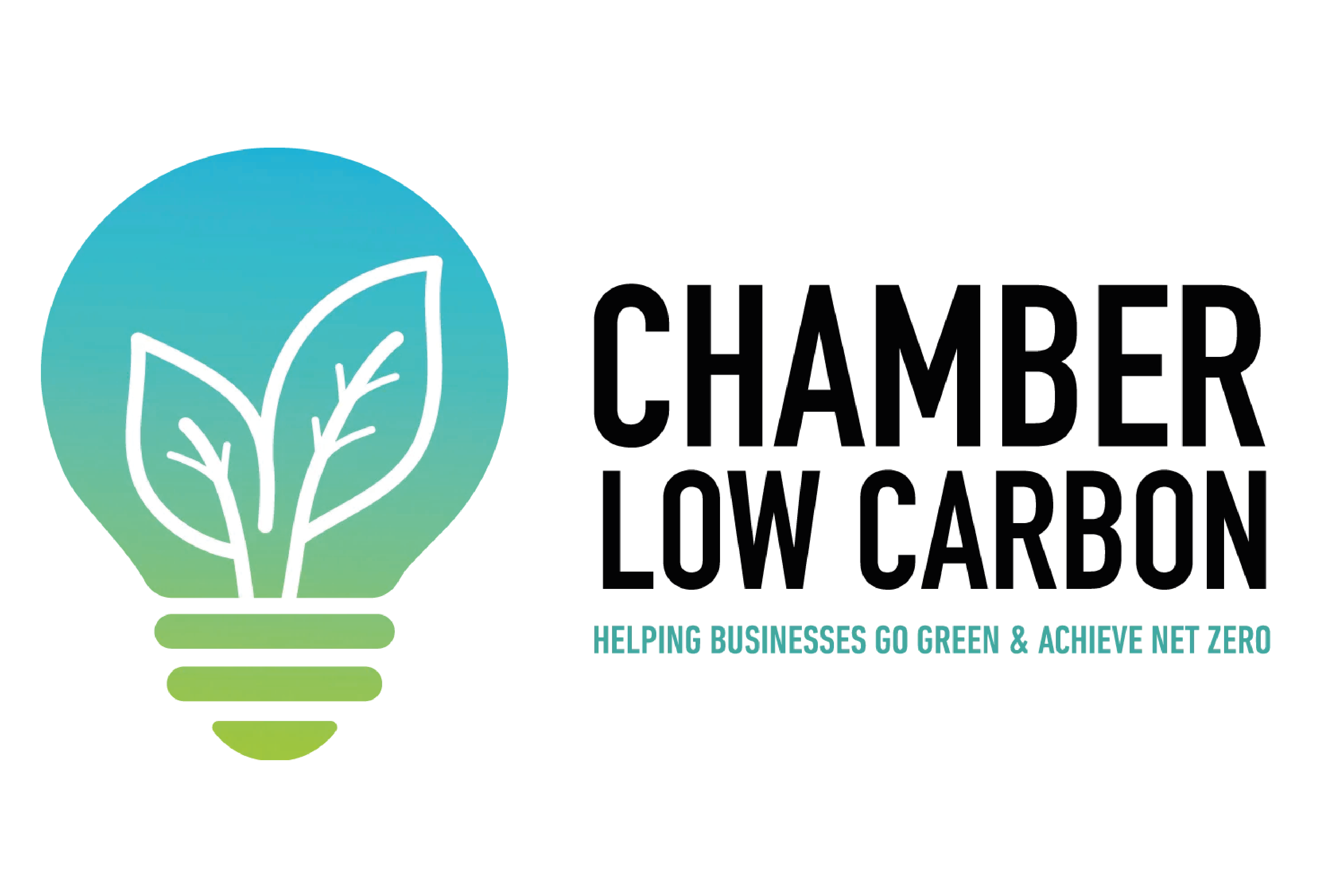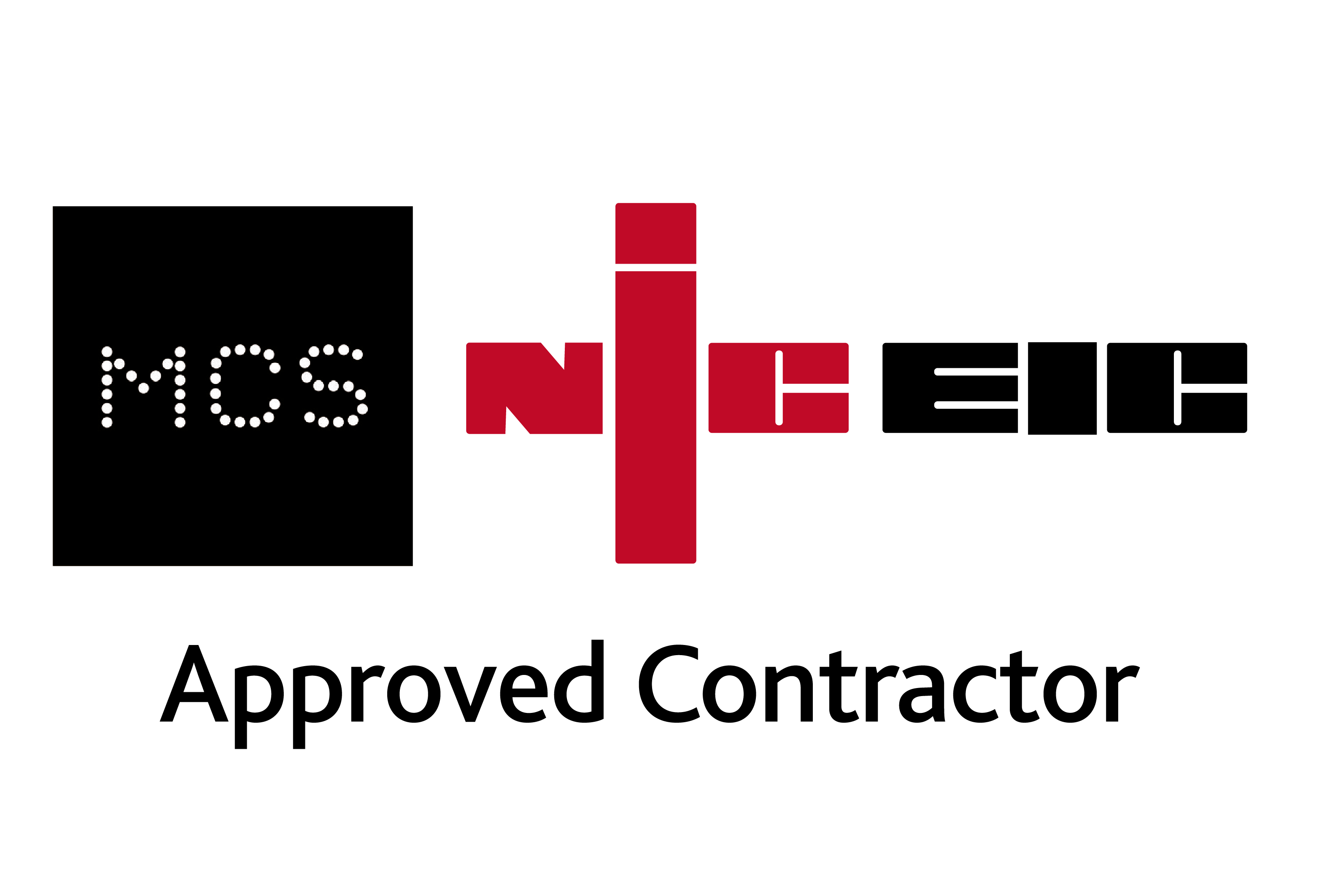
A zero carbon future: Where does your business stand?
With the response to climate change getting serious, it’s time for businesses to start thinking about their own green strategies and how they will contribute to a low carbon economy. The question is, what’s your company doing about the problem and what road will you take?
The high risk option
If, like the majority of companies, you’re taking the high risk road, you could be exposed to significant cost volatility and competition. By adopting gradual, incremental solutions, such as carbon reduction projects within your own operations, or merely considering renewable energy sources, you’re only thinking about the short-term. But what about the changes you could impact outside of your own operations and taking account of the actions your suppliers and customers need to take?
The low risk option
Some forward-thinking businesses, however, are taking the low risk road, promising a more sustainable strategy. The Carbon Trust identified companies such as BT, Unilever and Ikea, as being three companies going down the low risk road. Instead of following an incremental strategy, these companies are making changes with a fully integrated plan.
Companies on the low risk road are looking at making operational cost savings, tackling carbon emissions or suppliers, and building resilience to the physical impacts of climate change.
Although more difficult, the low risk road actually offers many benefits. The Carbon Trust say that making these steps allows a business to gain valuable business intelligence and strategic intelligence, meaning it’s easier for them to assess their long term market future.
About those companies taking the low risk road, the Carbon Trust say:
“In practice this will help them to manage potential risks and areas of volatility, for example by predicting demand shifts for existing products or services and innovating to maintain competitiveness. Alternatively it can encourage companies to pioneer new business models or approaches that can improve sustainability, such as GE integrating its various business units for lighting, solar, energy storage and software into a single unit now known as Current.”
Your zero carbon strategy
While 2050 may seem a long while off, 34 years is not long to radically transform the global economy. Instead of leaving the decision for future generations, it’s paramount that you begin working on your zero carbon strategy today. You’ll need to make the best of your abilities, innovate, manage large-scale infrastructure projects, and much more, to navigate the road ahead. For those that achieve there will be big opportunities and a real chance to prosper.
 Energy Technology
Energy Technology

Powering your present. Preserving your future.
Call us on 01282 421 489

strategy be a priority?

